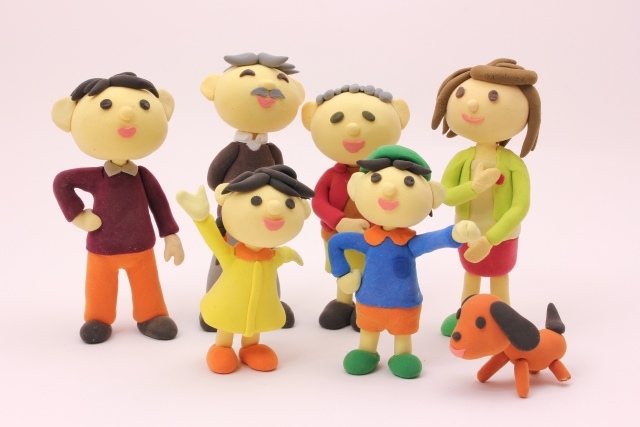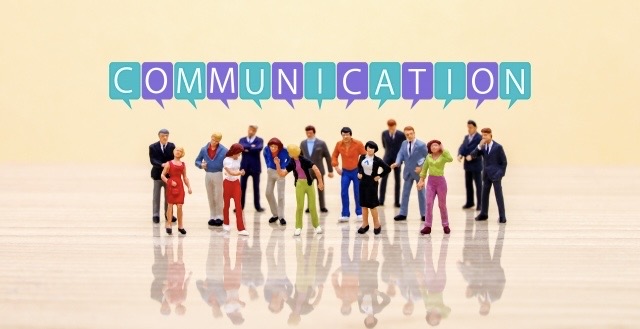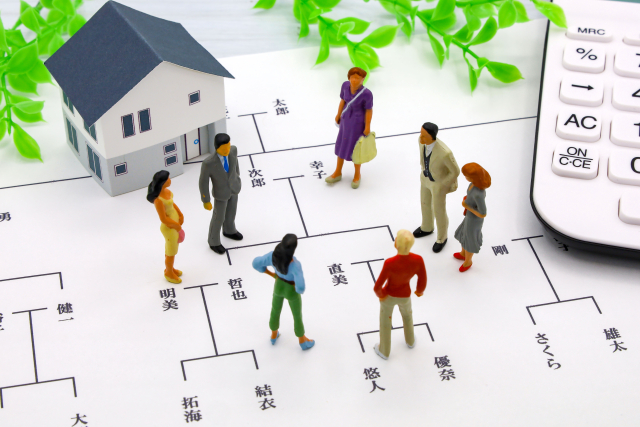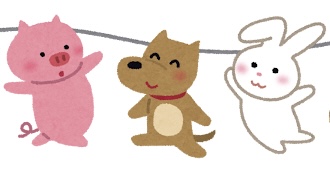The English translation is provided below
前のブログで、なぜ一人称、二人称は使わないのかを説明しました!
今回は、やっぱり三人称も使わない理由についてです♪
Heは彼、Sheは彼女、Theyは彼らと訳されるのですが
複数の「彼ら」はともかくとして、日本で彼、彼女というと
ほぼboyfriend /girlfriend を意味してしまうのですよ〜なぜか〜
彼、の場合、彼氏とも言います。だからよく
「先週、彼氏と出かけた〜」とか「あぁ〜彼女が欲しいなあ…」
のような言い回しをします。これもまた、日本特有の
役割で呼ぶ文化なのかもしれませんね

で、彼、彼女、を使わない代わりにどう呼ぶのかというと
役職(部長、先生)や名前など、普段呼んでる名称で話してます
だから、会話に出てくる第三者がいようがいまいが
基本的には呼び方は変わらないんですね
基本的には、ですよ♪
噂話?もしくは悪口⁈みたいな時は、会話の外にいる人に
名前バレしないように用心しないといけないので
「あの人ってさぁ〜」のようにぼかします♪
どこの世界にも、人の悪口を吹き込んでくる奴いますけど
これもまた、ロクな奴ではありません

まとめると、人称代名詞を使わない理由は
一人称→相手が目の前にいるので言わなくても分かる
使いすぎると我が強い人だと思われる
クドい
二人称→相手が目の前にいるので言わなくても分かる
名前を覚えない失礼な人と思われる
三人称→三人称をさす言葉として使われないので
私たち、彼ら、なども書き言葉やフォーマルな場面でしか
使われないですね〜

先程、日本では役割で呼ぶことか多い、と書きましたけど…
私はよく欧米の海外ドラマを観るのですが 職場でも上司のことを
ファーストネームで呼んだり、兄弟間でも名前で呼ぶ文化を羨ましいと
思っています。日本では職場では課長、店長などの役職だし
年上の兄弟のことは「お兄ちゃん」「お姉ちゃん」などと
呼ぶ(ように仕向けられる)ことが多いです。
役割で呼ばれるということは、その名前の役割の合格レベルを
満たすことを暗に求められているんです。
職場では当然ですが、家族の中で、上の子供が
「お兄ちゃんなんだから、そのオモチャ貸してあげなさい」
「お姉ちゃんなんだから、妹の面倒見なきゃダメでしょう」
とかいろいろ我慢を強いられるのはちょっとかわいそう。。。
ちなみに私は2人兄妹の下で、のびのび育ちました。エヘヘ♪
特に、女性が社会進出を果たしてからは、職場では女だから
ナメられないようにと、役職以上の働きを求められ
家庭があれば良き母、良き妻を演じ、義理の両親が来れば
可愛い嫁を演じ。。。って、やってられるかー!
こんな息苦しさを感じるのも事実です。
そりゃ日本も、いいところばかりではないですから!
日本の闇も紹介していくブログでありたいと思ってます
In my previous blog post, I explained why we don’t use first- and second-person pronouns.
This time, I’d like to talk about why third-person pronouns aren’t used either♪
He is usually translated as 「彼」, She as 「彼女」, and They as 「彼ら」.
Leaving aside the plural 「彼ら」, in Japanese 「彼」 and 「彼女」 almost always imply “boyfriend” or “girlfriend.”
Somehow that’s just how it is.
In fact, 「彼」 is also often said as 「彼氏」—which is why it often leads to…
For example, when someone says,
「先週、彼氏と出かけた〜」 it means “I went out with my boyfriend last week,”
or 「あぁ〜彼女が欲しいなあ…」 it means “I wish I had a girlfriend…”
People use expressions like these.
This too might be a uniquely Japanese way of referring to others by their role.
So, instead of using he or she, people refer to others by their title, such as “manager” or “teacher,” or simply by their name.
That’s why, in conversation, whether a third person is present or not, the way someone is addressed basically doesn’t change.
Basically, that’s the rule♪
But when it comes to gossip—or even badmouthing someone—you have to be careful not to reveal the person’s name if they’re not part of the conversation.
So, people tend to speak vaguely, like saying, “That person…”
No matter where you are, there are always people who try to spread gossip about others.
And, once again, they’re not exactly the kind of person you want to deal with.
To sum up, the reason why personal pronouns aren’t used is…
First-person pronouns:
・They come across as too wordy or repetitive.
・They’re usually unnecessary because the listener can see who’s speaking.
・Overusing them can make you seem self-centered.
Second-person pronouns:
- They’re usually unnecessary because the listener is right in front of you.
- Overusing them can make you seem rude, like you don’t remember people’s names.
Third-person pronouns:
- They aren’t really used to refer to a third person in conversation.
Words like we or they are also only used in writing or in formal situations.
Earlier, I mentioned that in Japan, people are often referred to by their role…
I often watch Western TV dramas, and I envy the culture where people call their bosses by first name even at work, or use names among siblings.
In Japan, however, in the workplace, people are usually called by their title, like “Section Chief” or “Store Manager,”
and older siblings are often called “Onii-chan” or “Onee-chan,” as they’re expected to be addressed that way.
Being addressed by one’s role implicitly requires you to meet the standards of that role.
Of course, this applies at work, but within the family, older children are often expected to endure various responsibilities, like:
- “You’re the older brother, so you should let your sibling play with that toy.”
- “You’re the older sister, so you have to take care of your younger sister.”
It can be a bit tough on them…
By the way, I grew up as the younger of two siblings, and I was able to grow up freely. Hehe♪
Especially since women have entered the workforce, they’re expected to perform beyond their role at work so they won’t be underestimated just for being female.
At home, they’re supposed to be a good mother and a good wife, and when the in-laws visit, they’re expected to play the role of the “adorable daughter-in-law”…
It’s just too much to handle!
It’s true that this can feel quite suffocating.
Of course, Japan isn’t perfect!
I want this blog to also introduce some of the darker sides of Japan


